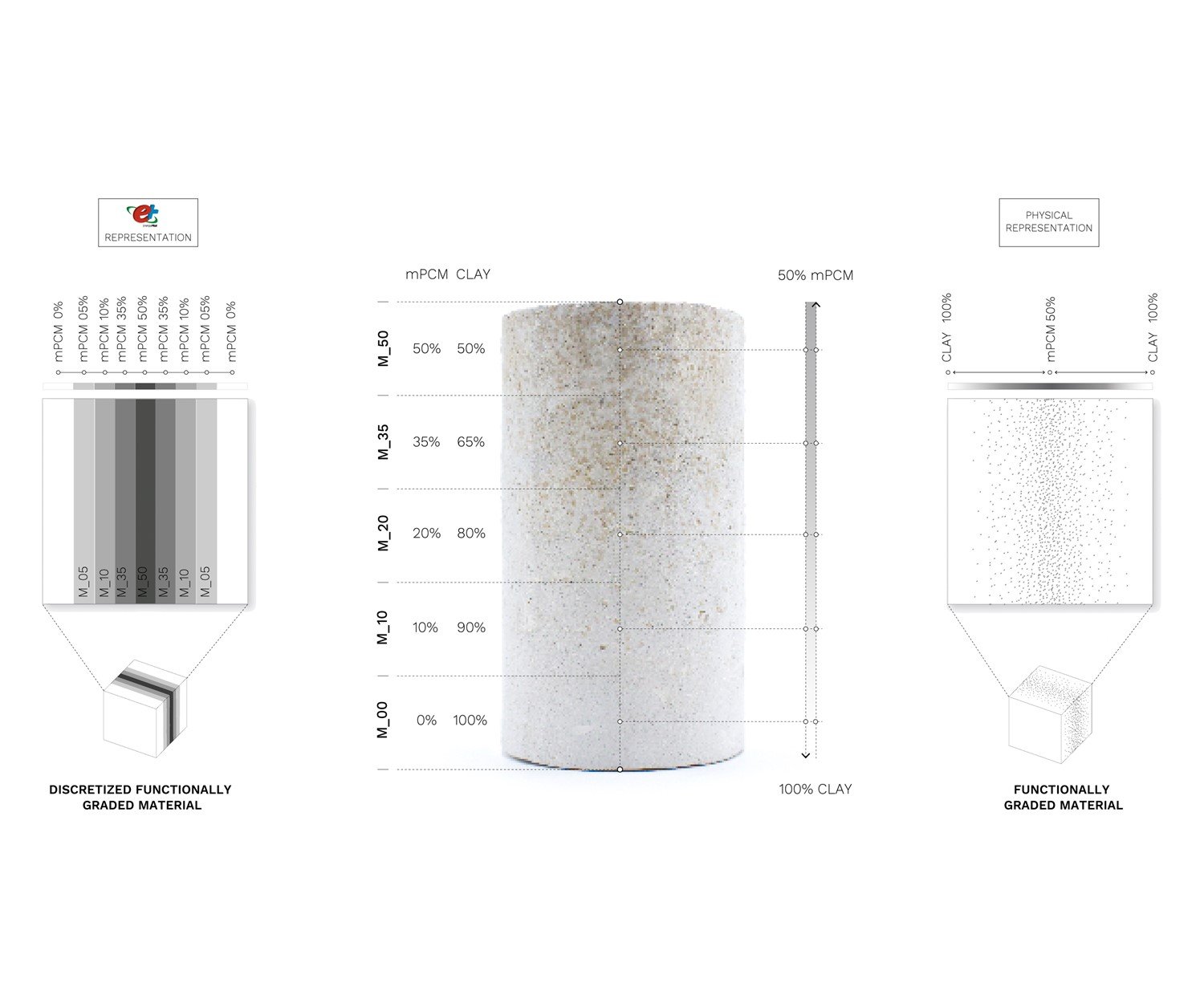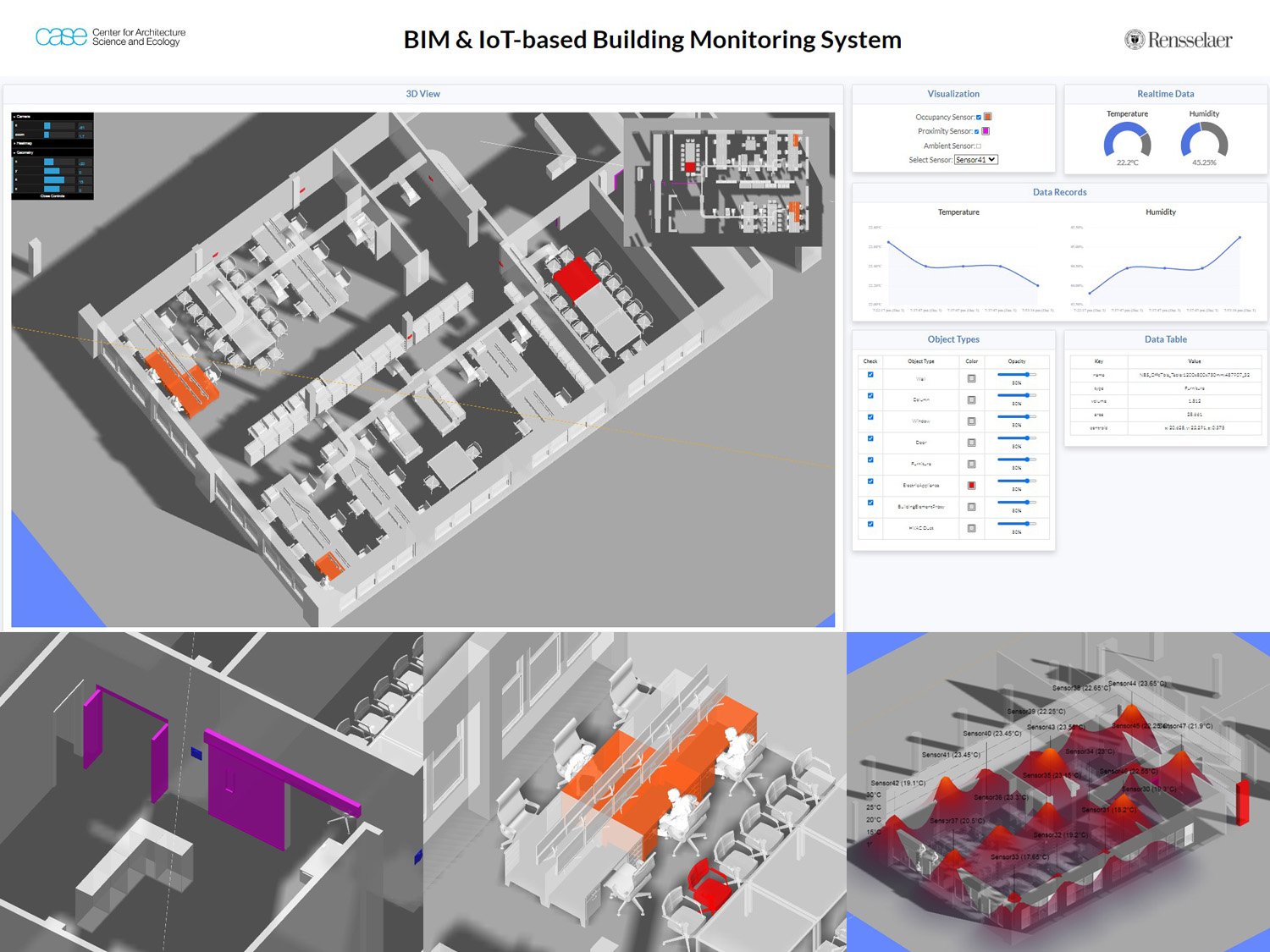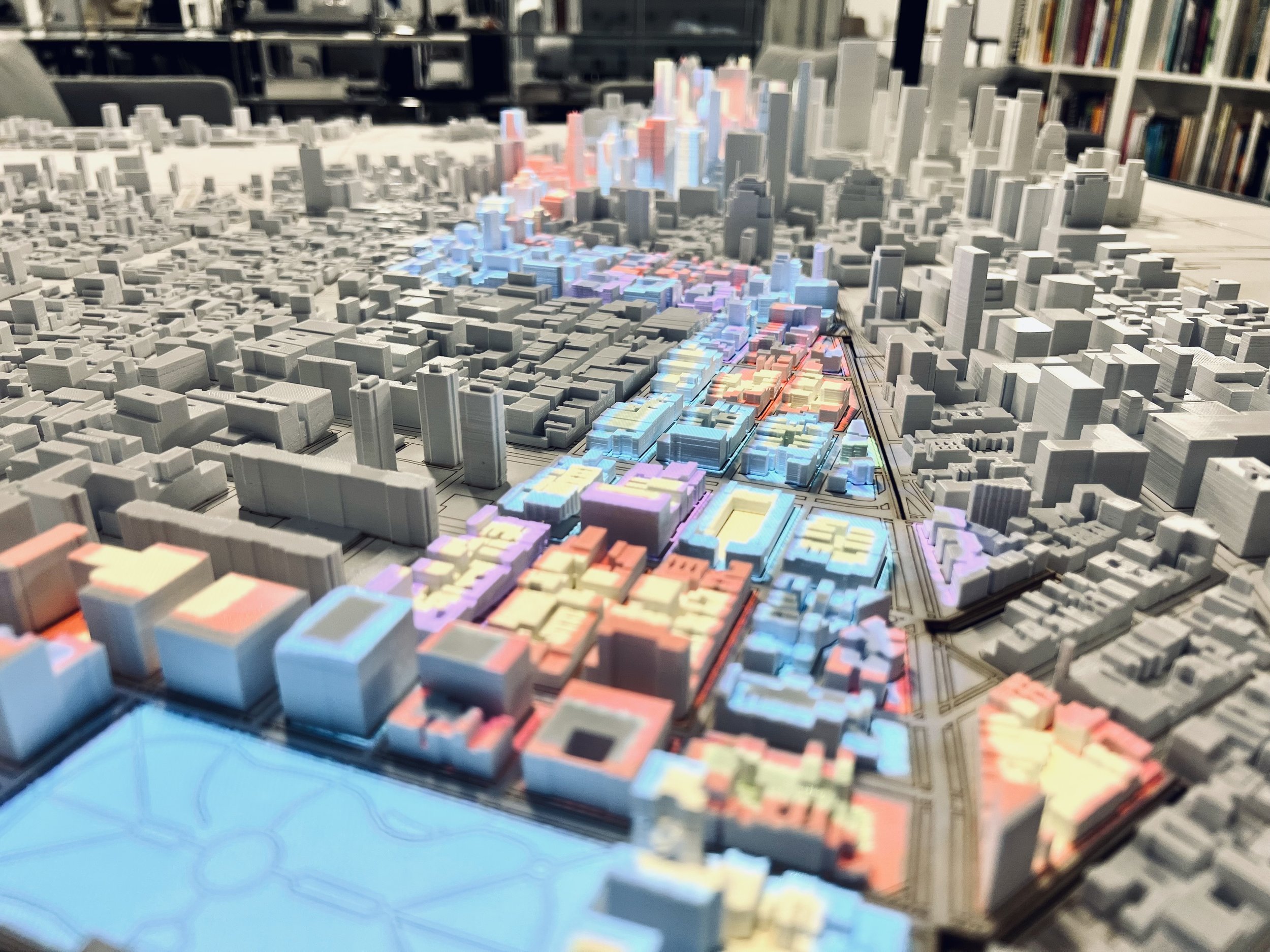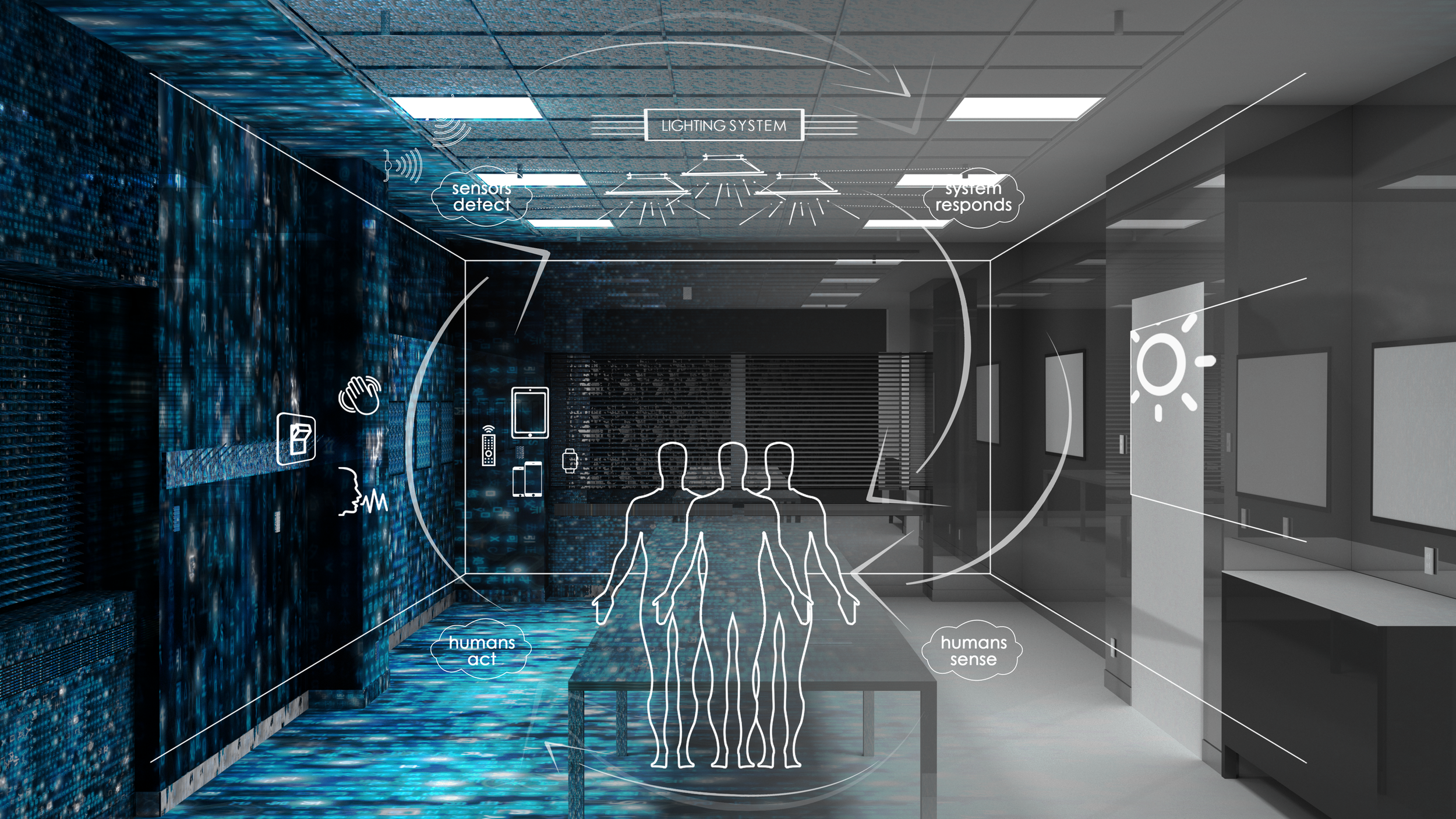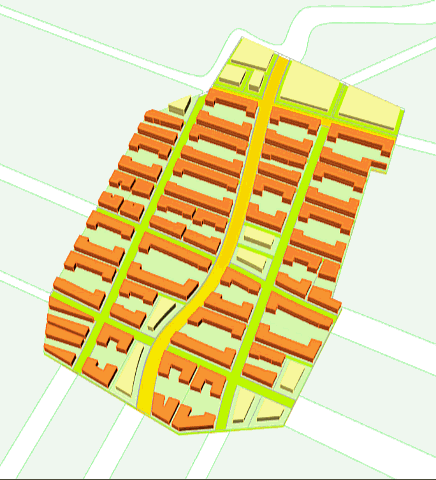Environmental Intelligence
Designing and engineering virtual models as embedded intelligent environmental systems, monitoring environmental conditions and working collaboratively with human occupants.
Data Driven Occupant Behavior Modeling. Research by Jihoon Chung.
Information integrates the delivery processes of building, and is now increasingly embedded in the materials, systems and operations of the built environment itself. CASE research envisions a world where design and engineering virtual models continue their lives as embedded intelligent environmental systems, monitoring environmental conditions and working collaboratively with human occupants to deliver optimized, healthy, and enjoyable experiences.
CASE research in environmental intelligence spans scales from the material to the urban, with intelligent systems’ design integrating with advanced manufacturing, energy optimization and distributed networks sensors, using deep data acquisition and advanced AI to analyze, understand and respond. Relevant system applications include digital twins of buildings, cities, and networks of energy and resource distribution including smart grid connections to buildings and mobile platforms.
Key technical questions include how data standards and distributed platforms for data and artificial intelligence are standardized and federated across multiple scales and domains. Potential specific domains of application including semiconductor manufacturing as part of the CHIPS program are currently being pursued. CASE and partnering research centers across RPI including LESA, Tetherless world and transportation have substantial, world leading expertise to contribute to this agenda. These innovations are targets for translation through open source initiatives.
Explore more research agendas: Circular Economies | Climate Adaptation | Health and Well-being






